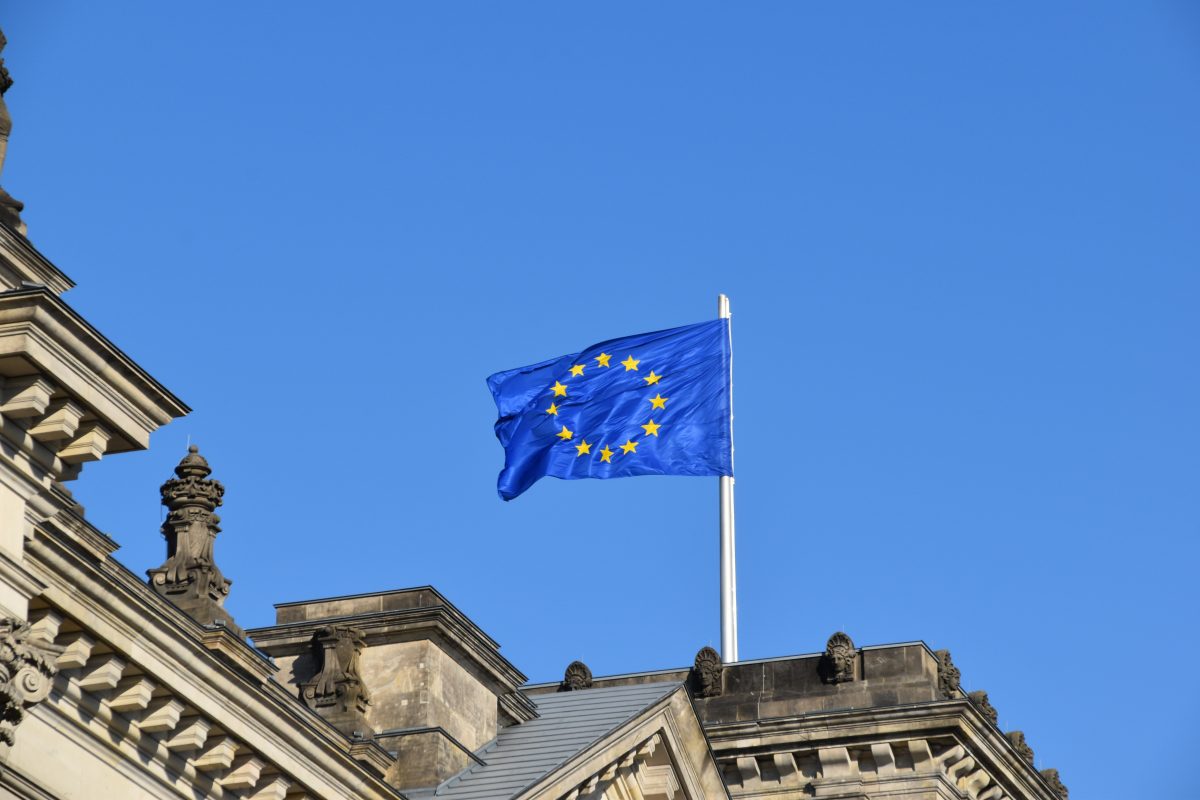
The European elections are approaching, while we are experiencing a period of falling confidence in Europe and seeing the pendulum of power swing back towards nation states.
For the first time, a member state wants to leave the European Union. The rise in illiberalism in some countries raises the question of the purpose of membership of the European Union. North-South tensions within the European Union against a backdrop of mutual lack of trust are hampering further progress in the building of the euro zone, which remains shaky even now.
In addition, populist movements are on the rise throughout Europe, seeking simplistic solutions to genuine problems and easy scapegoats. These movements are the tangible political and electoral outcome of a demand for identity, security and protection. This itself is a consequence, both in Europe and elsewhere, of middle-class fears of becoming weaker plus a government response perceived as inadequate or insufficient.
Globalisation, the technological revolution, poorly controlled immigration and Islamist terrorism are the catalysts of this anxiety, and all against a backdrop of gradual disintegration of multilateral organisations and the rules and principles developed post-war linking the community of nations. A higher risk, therefore, of a potentially very dangerous situation of non-cooperation.
What brings people together
It is therefore a matter of urgency for Europe to decide on the right way to respond to this mistrust. It would be futile to deny Europe’s intrinsic flaws. We need to face up to the real problems that exist and acknowledge poorly managed immigration issues at Community level and the effects of European expansion, which has made governance of the European Union less clear and less effective. Likewise, openness is needed about the faults in the establishment of the euro zone; its incompleteness has caused a number of undesirable effects.
Even if it is very difficult, the only possible way forward is to tirelessly strive to set up and strengthen active cooperation in Europe. In the face of the current entropy, it is vital first of all to firmly reiterate what brings Europeans together and how the European Union improves their lives, through aspects such as the protection and effectiveness of a social economy; the crucial importance of the rule of law, with the inalienable nature of personal freedom and freedom of critical thought, which goes hand in hand with freedom of the press; the secularism that allows people to live together; the benefits of the single market and the free movement of people; not to mention peace, of course.
Opening our eyes
We are currently witnessing a titanic struggle between the United States and China over their respective spheres of influence. We Europeans need to open our eyes quickly, if we want our people to retain control over their own destinies and continue to influence the course of history. To survive between the two titans of the new world, Europe needs to be strong.
Areas we need to work on together as soon as possible include high added value production, new technologies, ecological transition, a common defence policy as was recently proposed by France and Germany, migration issues, and so on. To be more influential in this new world order. Furthermore, we need a specific view of how world trade is organised. And lastly, on the basis of a complete and solid monetary area, we must look to make the euro a more international currency. With Europe acting more strategically, greater use of the euro worldwide would actually be useful to help avoid the unacceptable unilateral, extraterritoriality rules imposed by the United States.
Nothing will happen without making a pragmatic start on practical projects in the various areas mentioned above, joining forces with our German neighbours. Nor will anything happen without all of us, wherever we are and whoever we are, contributing to the best of our ability!
